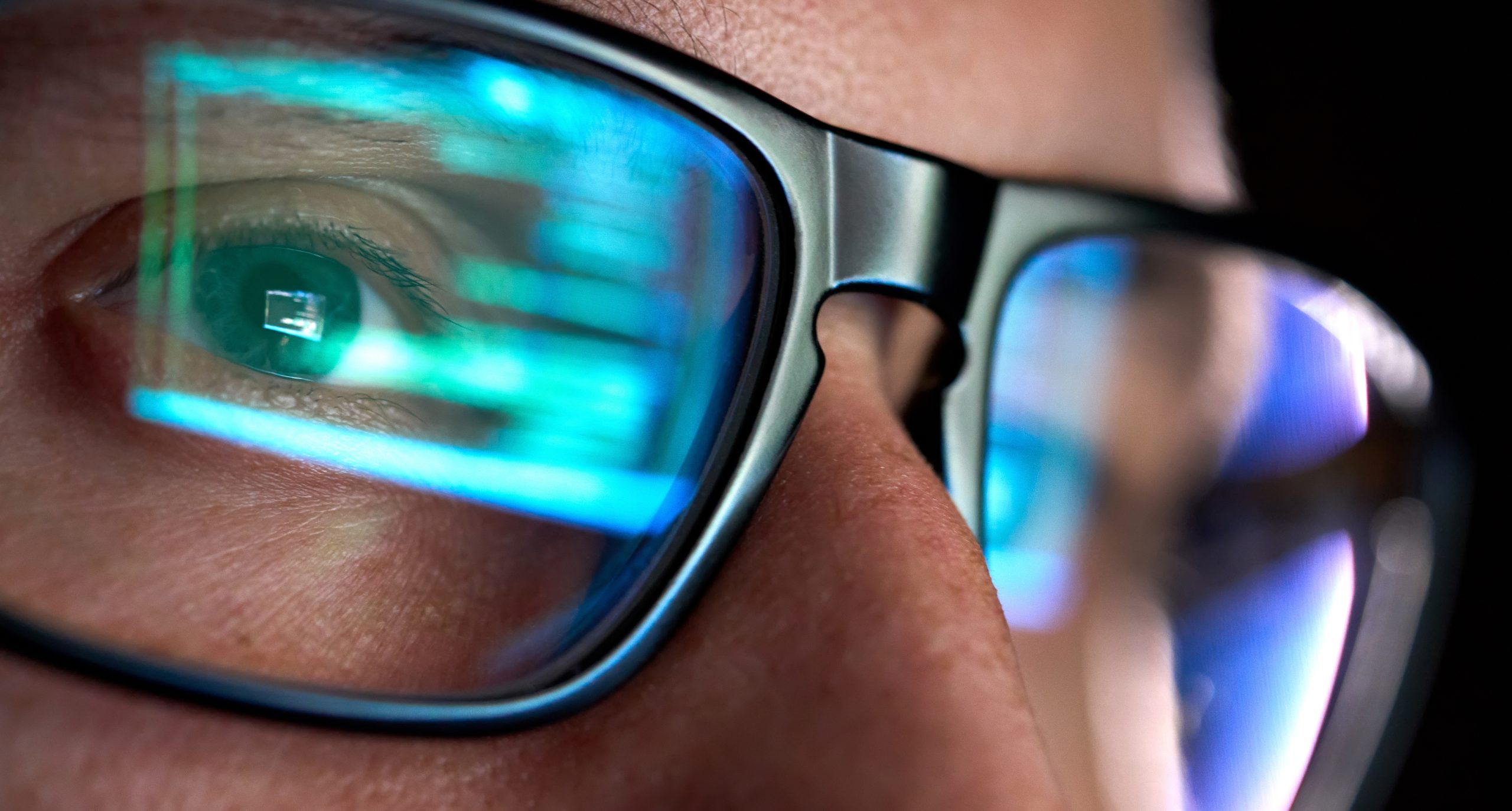 When we think about healthy eating, we usually picture stronger muscles, better digestion, or sharper memory. But your eyes? They’re often left out of the conversation — even though they depend on nutrients just as much as the rest of your body.
When we think about healthy eating, we usually picture stronger muscles, better digestion, or sharper memory. But your eyes? They’re often left out of the conversation — even though they depend on nutrients just as much as the rest of your body.
Your eyes are some of the most energy-demanding organs you have. Every blink, every moment of focus, every shift from screen to sunlight depends on a steady supply of vitamins, minerals, and antioxidants. The right foods can help sharpen your vision today and protect against age-related problems in the future.
Let’s dive into the fascinating connection between nutrition and your eyes, and explore what you can eat to keep your vision clear and your eyes comfortable.
Vitamin A: The Classic Eye Health Nutrient
Vitamin A is famous for a reason. It helps create a pigment in the retina that allows you to see in low light. Without enough of it, night driving might get tricky — or you may even experience night blindness.
Vitamin A also supports:
- A healthy surface of the eye (the cornea)
- Moisture production to prevent dry eye
- Immune defenses that protect the eyes from infection
Top sources: Sweet potatoes, carrots, spinach, kale, cantaloupe, eggs, and dairy.
Lutein & Zeaxanthin: Natural Blue-Light Filters
These two antioxidants are like sunglasses built right into your eyes. They gather in the macula — the part of the retina responsible for sharp central vision — and absorb harmful blue light from the sun and digital screens.
Why they matter:
- Reduce risk of age-related macular degeneration (AMD)
- Lower risk of cataracts
- Support visual performance in bright light
Where to find them: Dark leafy greens (spinach, kale, collards), broccoli, peas, and egg yolks.
Omega-3 Fatty Acids: Moisturizing from the Inside Out
If your eyes often feel gritty, tired, or irritated, omega-3s may help. These healthy fats support the oily layer of your tears, keeping them from evaporating too fast — a major cause of dry eye. Omega-3s also play a structural role in the retina and have anti-inflammatory benefits.
Good sources: Salmon, sardines, mackerel, anchovies, chia seeds, flaxseeds, and walnuts.
Vitamins C & E: Antioxidants for Long-Term Protection
Your eyes are exposed daily to oxygen, sunlight, and environmental stress — all of which create free radicals that can damage delicate tissues. Vitamins C and E act as antioxidants, neutralizing these free radicals and protecting your lenses and retinas.
They may help reduce the risk of:
- Cataracts
- Age-related eye damage
Get more from:
- Vitamin C: citrus, strawberries, bell peppers, tomatoes
- Vitamin E: almonds, sunflower seeds, avocados, plant oils
Zinc: The Vision Support Mineral
Zinc helps your body absorb and move vitamin A to the retina, where it’s needed for vision. It also supports enzymes that defend the eyes against oxidative stress.
Sources: Pumpkin seeds, lentils, chickpeas, beef, poultry, and whole grains.
The Best Eating Pattern for Healthy Eyes
While individual nutrients matter, your overall diet has the biggest influence. Research shows that a Mediterranean-style diet — rich in plants, healthy fats, and whole foods — is especially protective.
Build an eye-friendly plate with:
- Leafy greens
- Colorful vegetables
- Fatty fish
- Beans and legumes
- Nuts and seeds
- Whole grains
- Olive oil
- Limited processed foods and sugars
This pattern fights inflammation, supports blood vessel health, and provides a steady supply of eye-protective nutrients.
What About Supplements?
Supplements aren’t a replacement for food, but they can help in certain cases — particularly for people with intermediate macular degeneration, where the AREDS2 formula has been proven to slow disease progression.
For others, supplements may help if your diet lacks specific nutrients like omega-3s, B12 (for vegans), or lutein.
Always check with an eye doctor before starting an eye-health supplement routine.
The Bottom Line
Your eyes are an extension of your overall health — and they thrive on the nutrients you feed them. Whether you want to ease dry eye, sharpen your daily vision, or protect against age-related changes, your plate is one of your most powerful tools.
A balanced, colorful diet nourishes your vision from the inside out. What you eat today truly can shape how you see tomorrow.
Visit our website page: EyeCook for recipes that are rich with vitamins and nutrients for better vision and health!


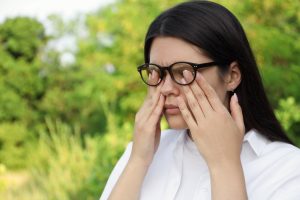

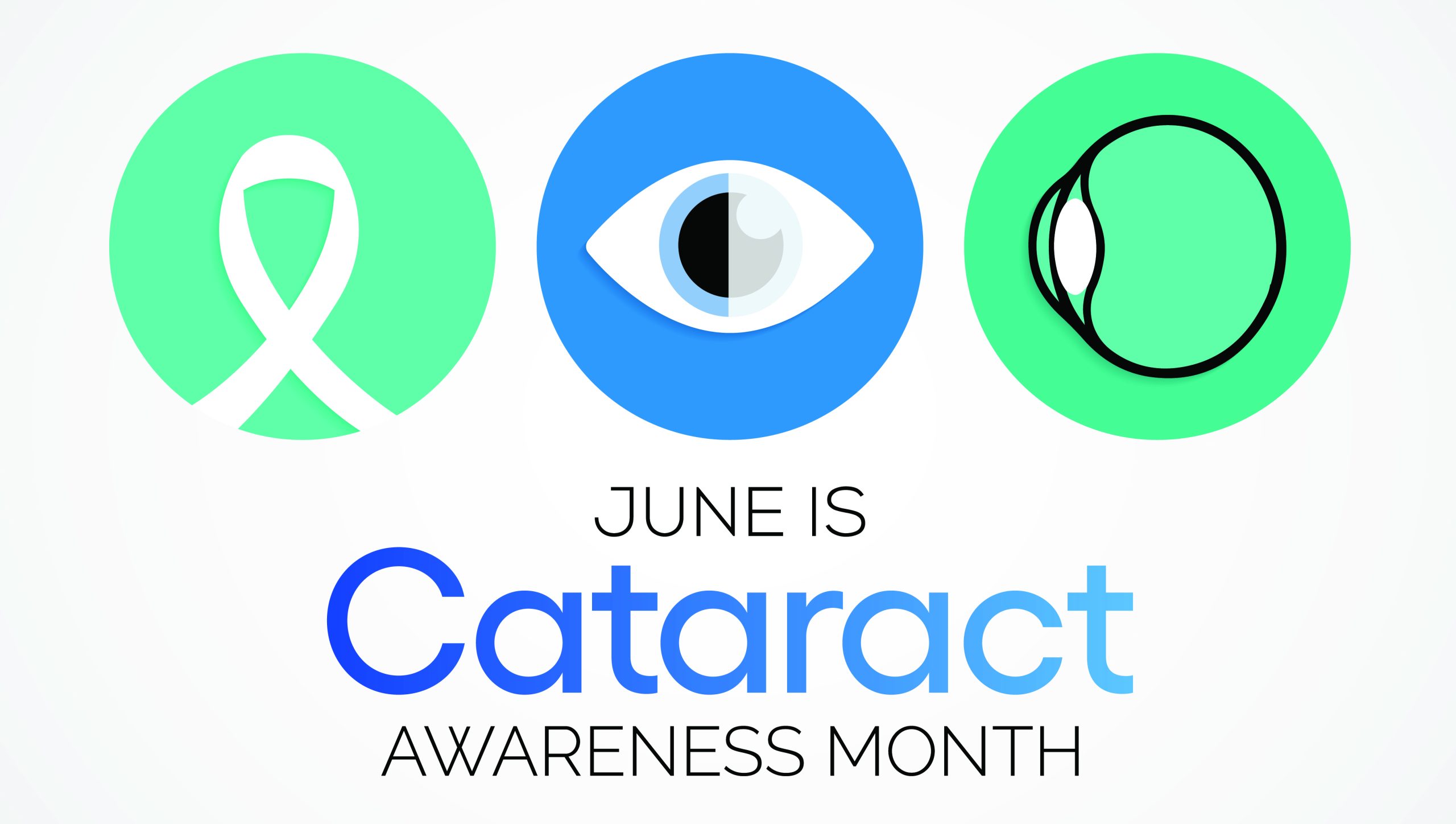
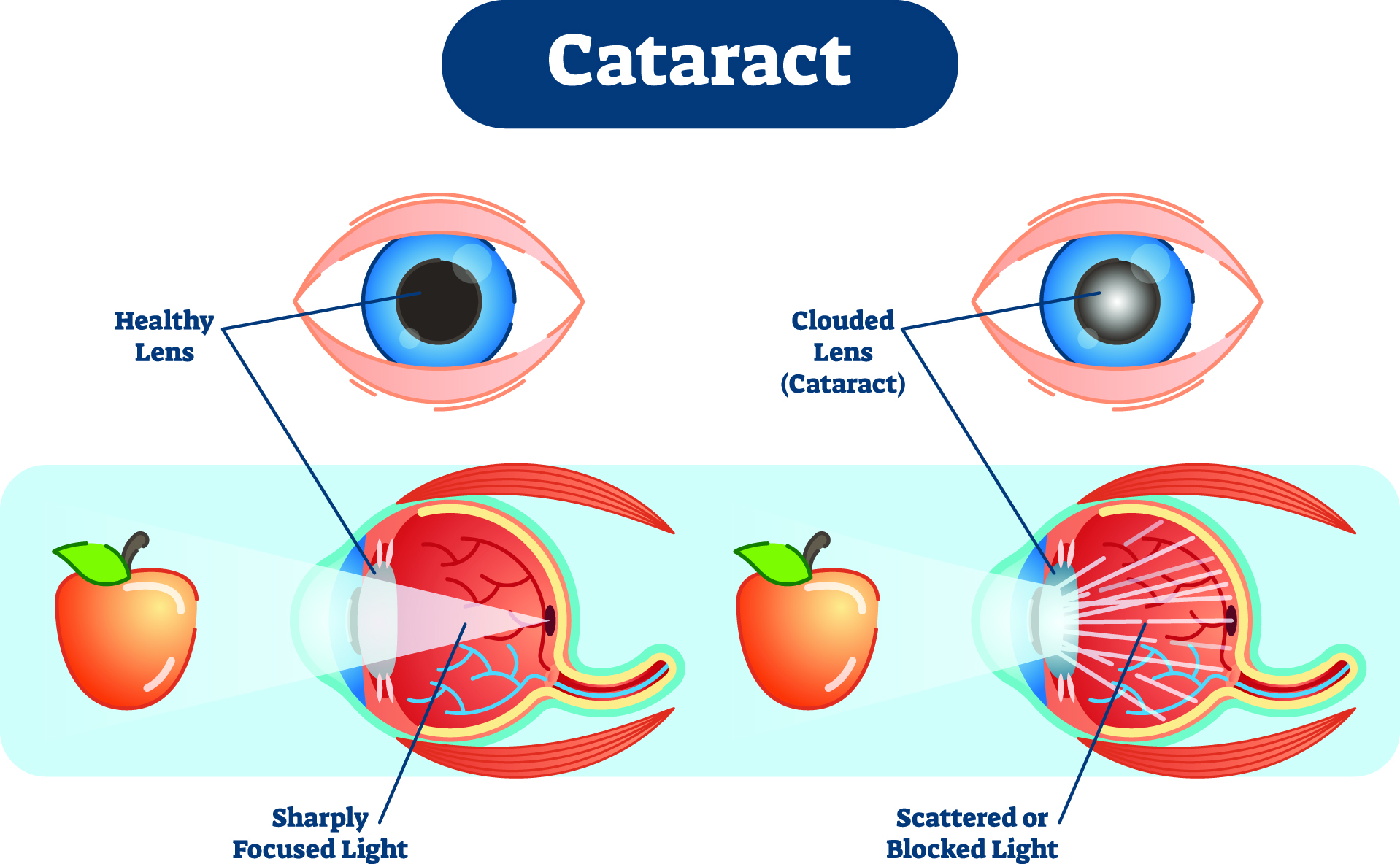

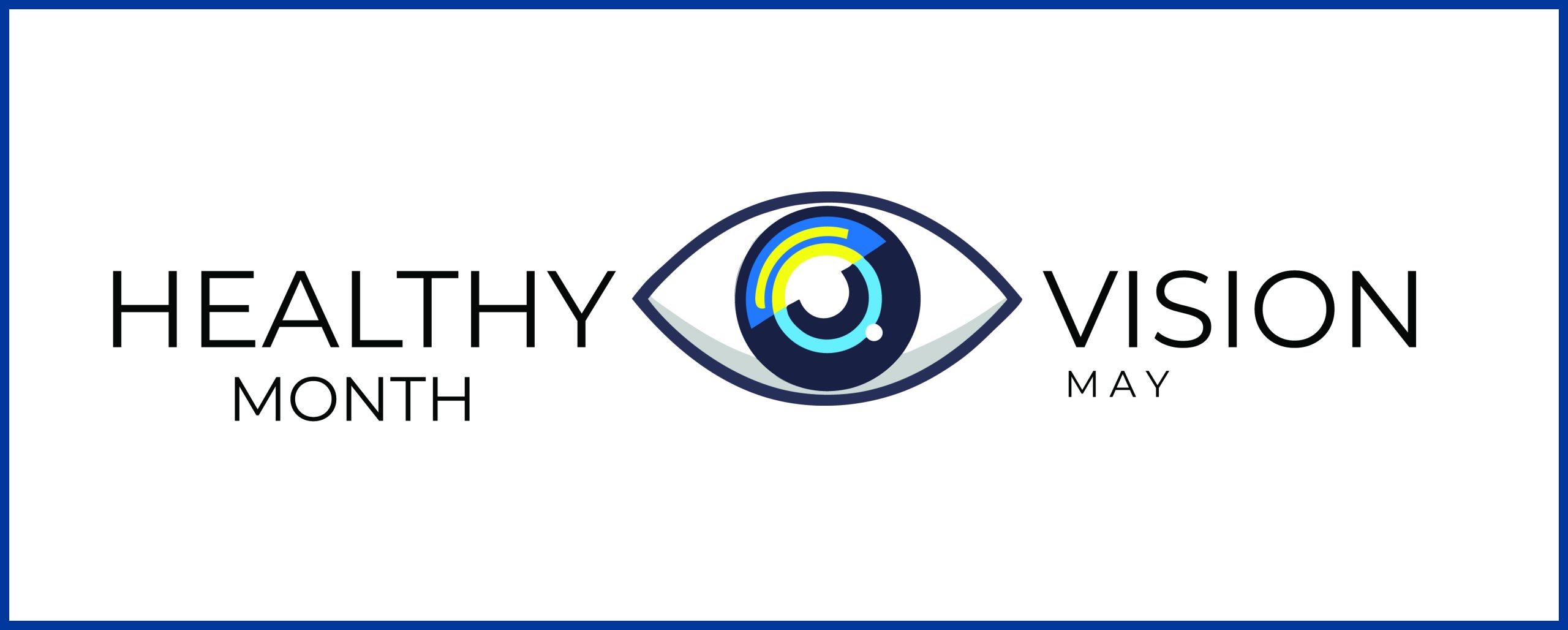
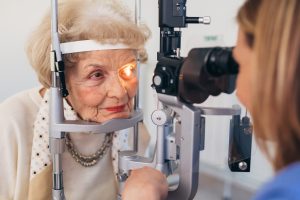 Here are a few ways you can help protect your vision
Here are a few ways you can help protect your vision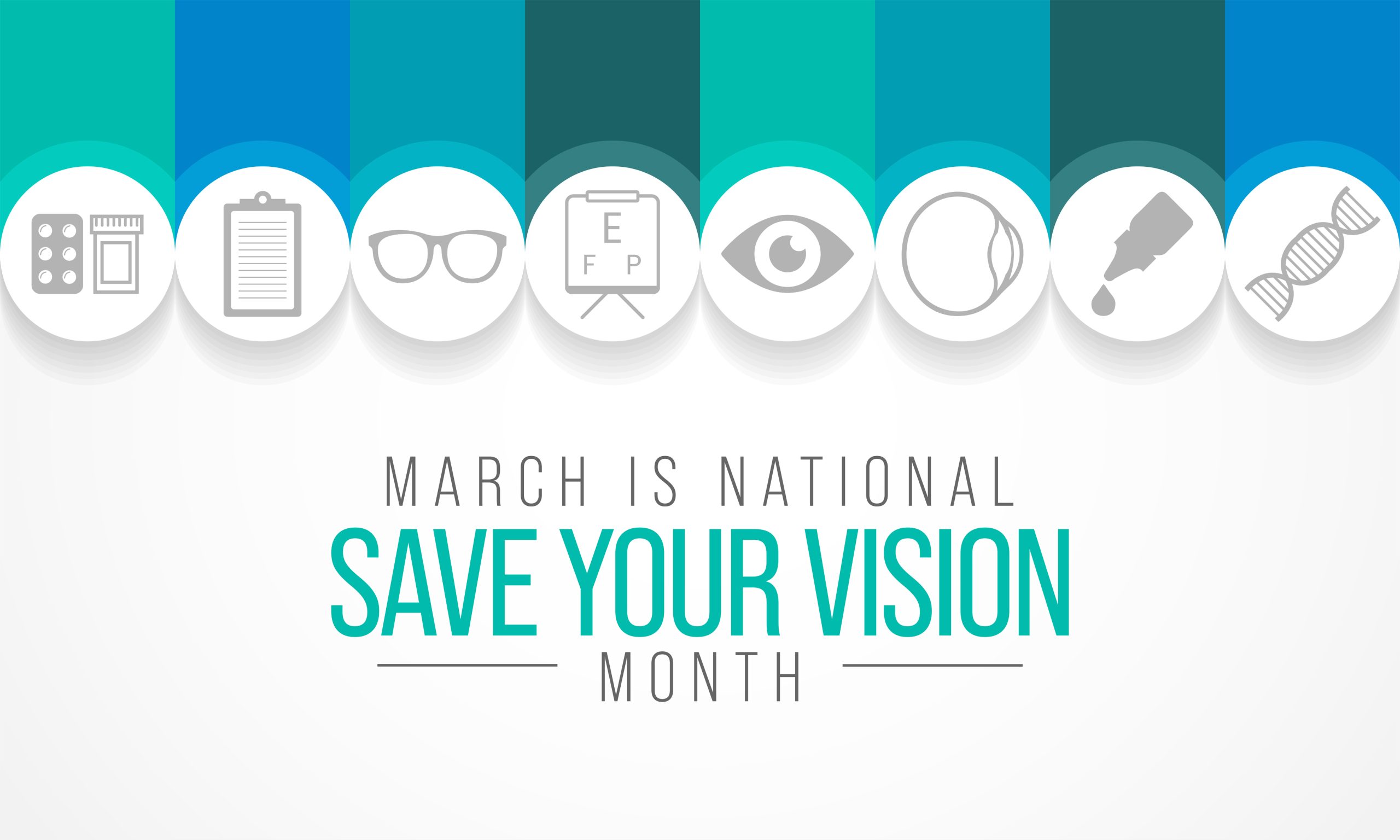
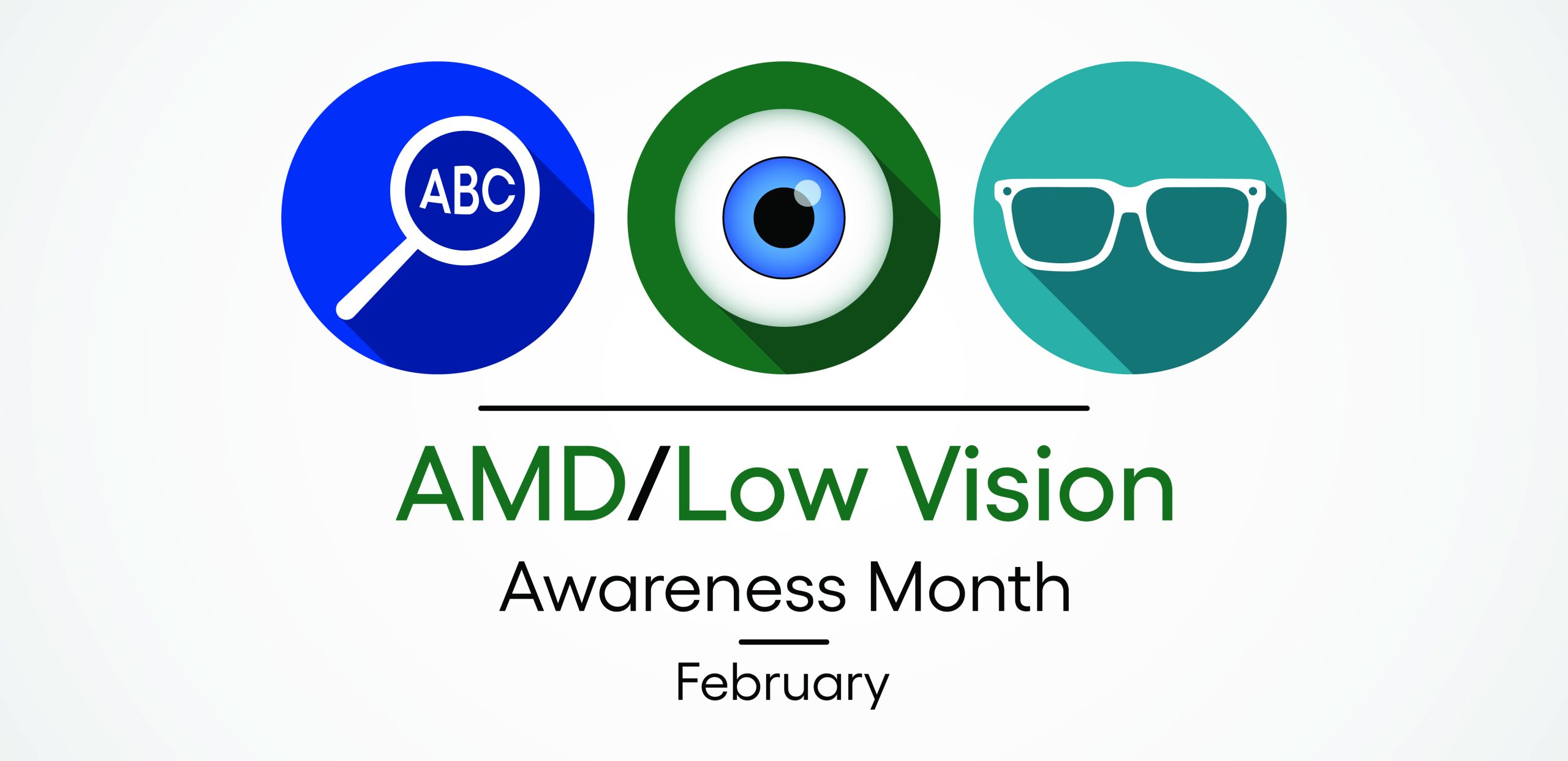 Low vision affects millions of Americans — including many older adults. People with low vision aren’t blind, but because of their vision loss, they may not be able to do everyday tasks like driving or reading even with glasses.
Low vision affects millions of Americans — including many older adults. People with low vision aren’t blind, but because of their vision loss, they may not be able to do everyday tasks like driving or reading even with glasses.
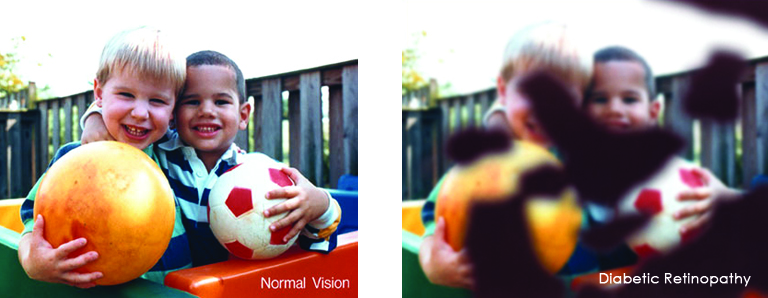

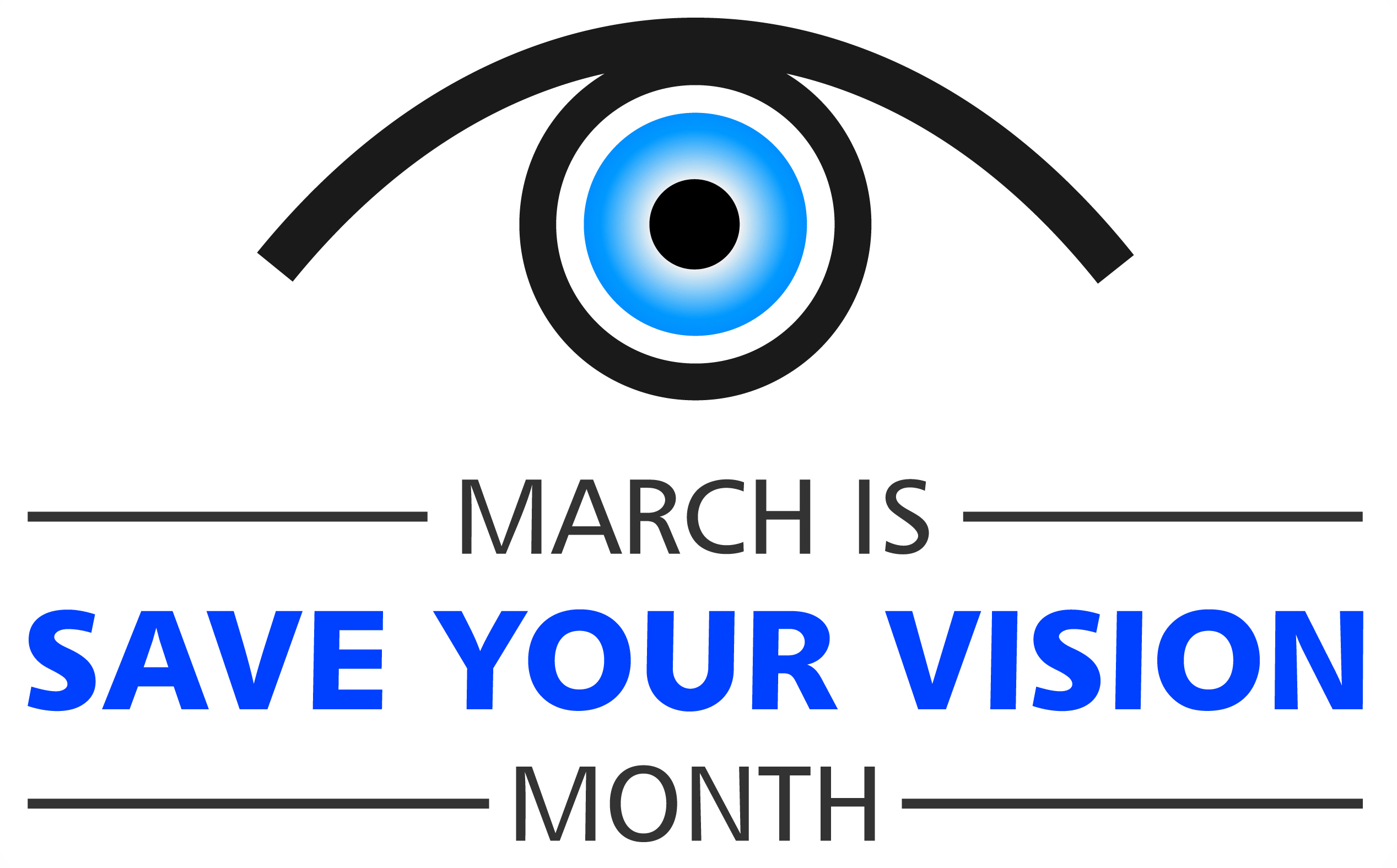 Save Your Vision Month is here.
Save Your Vision Month is here.


 Don’t smoke. Smoking increases your risk for age-related macular degeneration, cataract, and other eye diseases and conditions that can damage the optic nerve.
Don’t smoke. Smoking increases your risk for age-related macular degeneration, cataract, and other eye diseases and conditions that can damage the optic nerve. Wear protective eyewear when outdoors. Protecting your eyes from the sun’s ultraviolet rays when you are outdoors is vital for your eye health. Wearing sunglasses that block 99 to 100 percent of both UV-A and UV-B radiation.
Wear protective eyewear when outdoors. Protecting your eyes from the sun’s ultraviolet rays when you are outdoors is vital for your eye health. Wearing sunglasses that block 99 to 100 percent of both UV-A and UV-B radiation.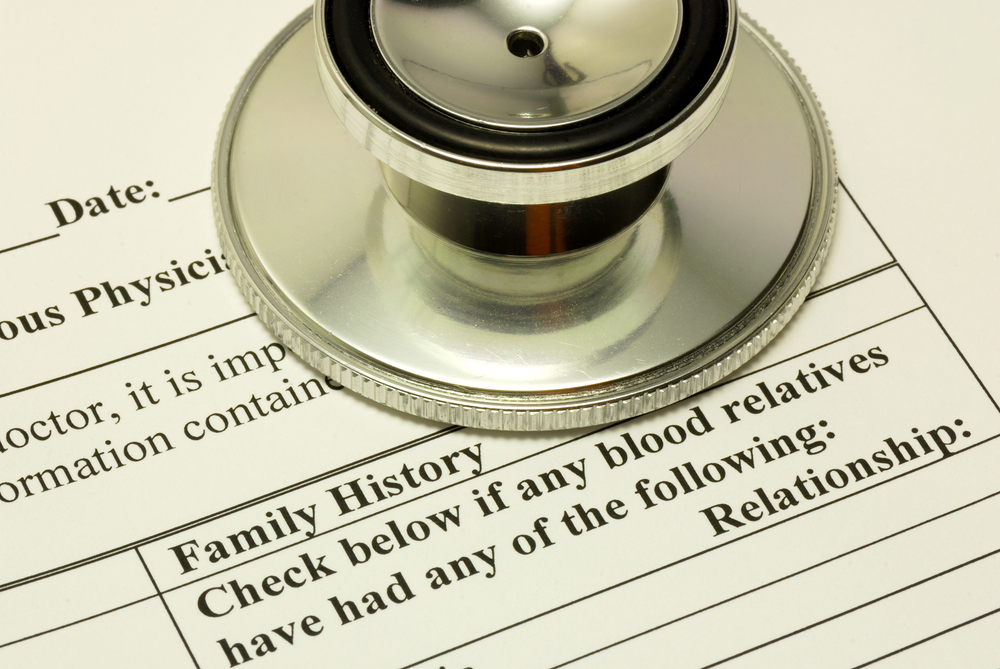 Know your family history. Talk to your family members about their eye health history. It’s important to know if anyone has been diagnosed with a disease or condition since many are hereditary, such as glaucoma, macular degeneration, and diabetes . This will help determine if you are at higher risk for developing an eye disease or condition.
Know your family history. Talk to your family members about their eye health history. It’s important to know if anyone has been diagnosed with a disease or condition since many are hereditary, such as glaucoma, macular degeneration, and diabetes . This will help determine if you are at higher risk for developing an eye disease or condition. Consider a multivitamin. Vitamins C, E and the mineral zinc have been shown to promote eye health. Vitamins with Lutein and Zeaxanthin have been known to help patients with moderate to severe age-related macular degeneration.
Consider a multivitamin. Vitamins C, E and the mineral zinc have been shown to promote eye health. Vitamins with Lutein and Zeaxanthin have been known to help patients with moderate to severe age-related macular degeneration.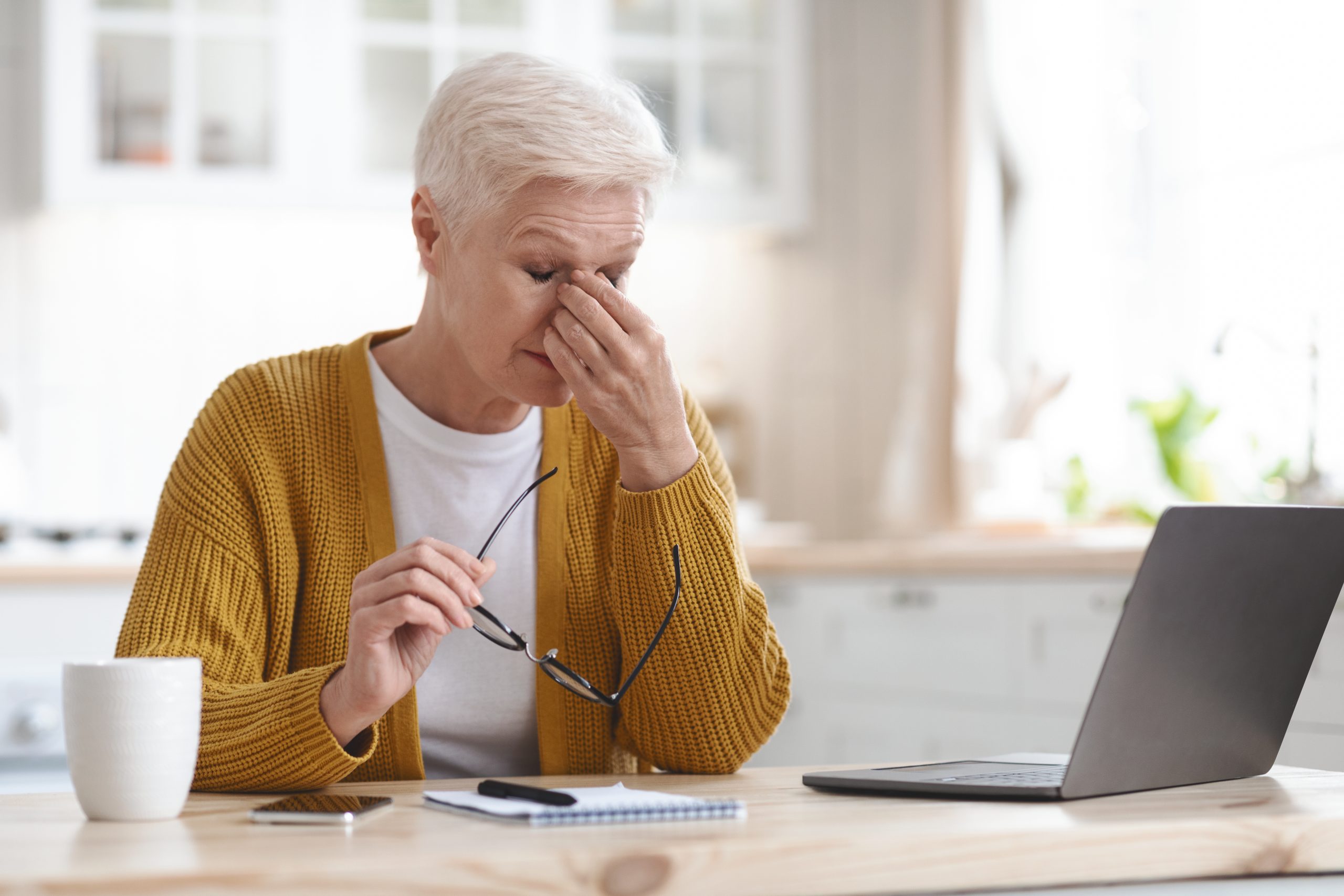 Give your eyes a rest. If you spend a lot of time at the computer or focusing at any one distance, you sometimes forget to blink, resulting in dryness and eye fatigue. Every 20 minutes, look away about 20 feet in front of you for 20 seconds. This can help reduce eyestrain. Consider using a lubricant eye drop during long periods of intense eye use and rest your eyes for 5 minutes.
Give your eyes a rest. If you spend a lot of time at the computer or focusing at any one distance, you sometimes forget to blink, resulting in dryness and eye fatigue. Every 20 minutes, look away about 20 feet in front of you for 20 seconds. This can help reduce eyestrain. Consider using a lubricant eye drop during long periods of intense eye use and rest your eyes for 5 minutes.